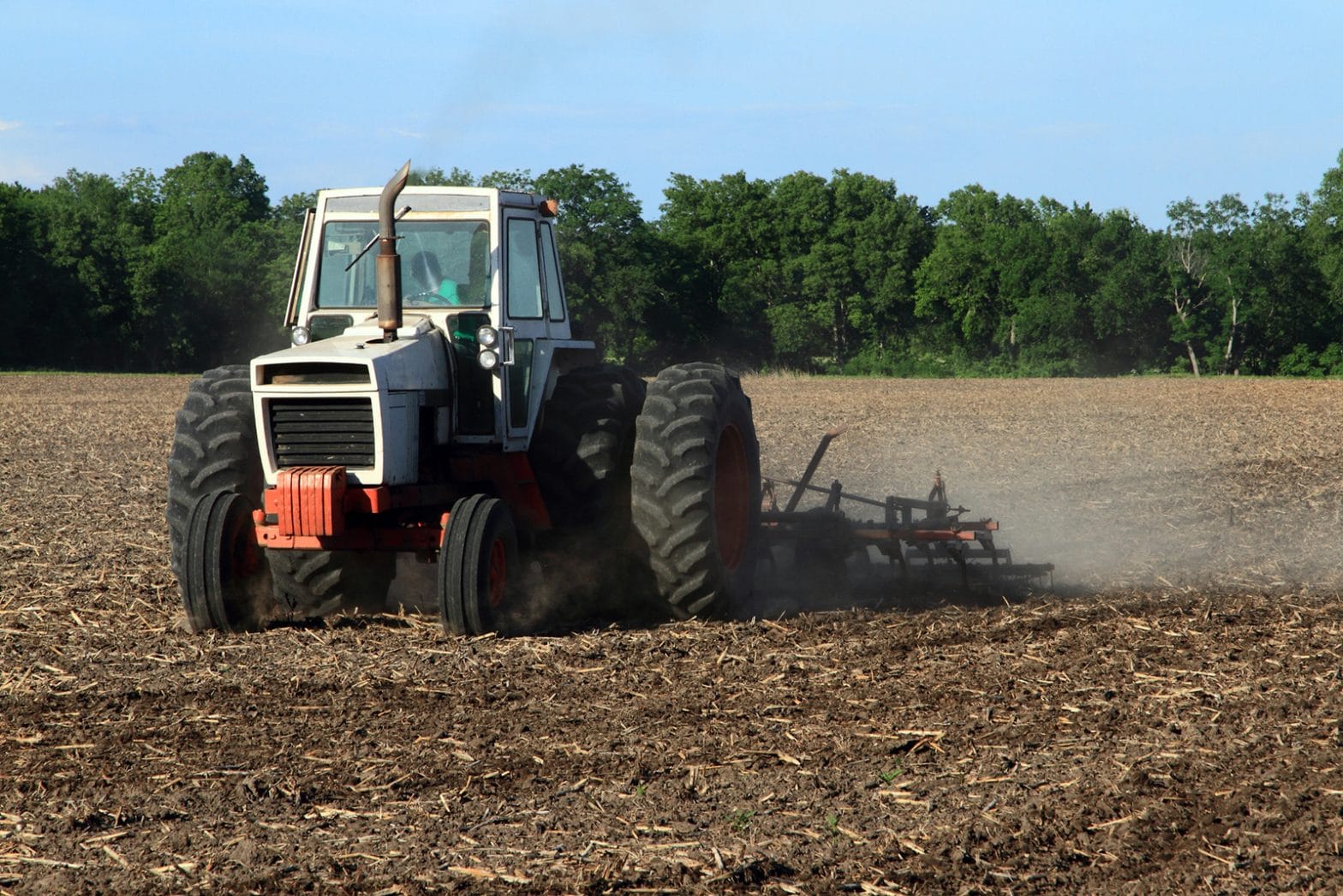President Biden’s Estate Tax Plans Would Hit Middle Income Families and Impact Many Family Businesses, Ranches, and Farms
COMMENTARY

President Biden and his administration will soon release the details of their plan for individual tax increases. He promised during the 2020 presidential campaign to lower the estate tax exemption, currently $11.7 million to $3.5 million and raise the estate tax rate from 40% to 45%, but in a major surprise it appears that he will keep the current exemption and estate tax rate in place.
However, the Biden administration wants to require estates to pay taxes on unrealized capital gains on assets that are now exempt from that tax when the owner of those assets dies. President Biden has pledged that his tax increases would only fall on the wealthy, but his proposed estate tax changes would significantly impact middle class families and family run businesses, ranches, and farms.
The current law indicates that when the owner of assets such as a personal residence or stock passes away, his or her property receives a ‘stepped-up’ basis for estate tax purposes reflecting the fair market value of the property. President Biden calls this a loophole even though it has been a basic principle of tax policy and part of the tax code since 1994. Repealing the ‘stepped up’ basis provisions and taxing capital gains at death will be a real hardship for families who are not wealthy by any definition.
Here is one example. Mr. and Mrs. Brown never had annual earnings over $400,000, the threshold that President Biden differentiates between middle class and wealthy families. They worked hard and purchased their dream home in Phoenix 50 years ago for $200,000. When they passed away, their house had increased in value to $1.5 million. Their will gave their home to their only child which she intended to use as her personal residence. Under President Biden’s proposal, the Browns’ estate would be subject to a capital gains tax of as high as 39.6% based on the current value of their house, resulting in a tax bill of approximately $514,000. The Brown’s estate would have to liquidate whatever assets the Browns may have held at death – including the house – unless Mr. and Mrs. Brown’s daughter can come up with the taxes out of her own pocket.
Here is a little different example. Mr. and Mrs. Smith bought 4,000 acres of land in Arizona’s Santa Cruz County 50 years ago for $1 million and became successful cattle ranchers. When the Smiths passed away, the total value of the ranch based on the land and the Smiths’ reputation, including the quality of the cattle they raised, was $15 million. Under President Biden’s estate tax proposals, their estate would be required to pay a 45 percent tax on the value of the estate over $3.5 million or approximately $5,175,000. The estate would have little choice but to sell the ranch just to pay the tax – and send pink slips to their employees. It would be very unlikely that the Smiths would be able to leave much of their successful ranch to their children.
President Biden has proposed one approach to handling the estate tax. Other Democrats are proposing their own estate tax changes.
Sens. Chris Van Hollen, D-Md., Cory Booker, D-N.J., Bernie Sanders, I-Vt., Elizabeth Warren, D-Mass., and Sheldon Whitehouse, D-R.I., recently introduced the Sensible Taxation and Equity Promotion Act which expands on the president’s plans.
The STEP Act includes exemptions to focus proposed estate tax proposals more on unrealized capital gains over $1 million and adds an additional exclusion of up to $500,000 for personal residences. On top of the $1 million capital gains exemption, this proposal includes an exclusion of up to $500,000 for personal residences – which is carried over from the current law. Assets held in retirement accounts would continue to be exempt from the capital gains tax. Gifts and bequests to charities would also be exempt.
The STEP Act would somewhat reduce but not eliminate the financial burdens the Browns’ estate would face from taxing unrealized capital gains after death dealing with their private residence. The Smiths’ problems with their ranch would not be helped by the STEP Act. Their estate would be allowed to pay the tax over a 15-year period – interest only for the first five years and then 10 equal payments for the remaining 10 years. But selling the property would require payment of the tax in full, and there would be a lien attached to any property which would likely prevent the Smiths’ estate from refinancing the property without paying off the tax owed the IRS.
It is hard to predict the changes Congress will make to either President Biden’s estate tax plan or the STEP Act, but there is no doubt that the administration will strongly push changes to the estate tax laws. Republicans are not expected to vote for any changes to the individual tax code, especially those changes that hit the middle class and individuals who run family businesses, ranches, and farms. Senate Democrats will be forced to try to pass these tax changes under reconciliation, which means that they will need the support of all 50 Senate Democrats.
Erik Paulsen is a Strategic Consultant with Total Spectrum. He represented Minnesota as a member of the Republican Party in the U.S. House of Representatives from 2009-2019 and was Chairman of the Joint Economic Committee.























